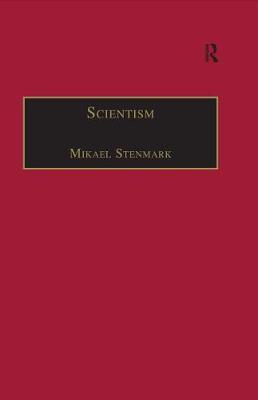Routledge Science and Religion
1 total work
Can science tell us everything there is to know about reality? The intellectual and practical successes of science have led some scientists to think that there are no real limits to the competence of science, and no limits to what can be achieved in the name of science. Accordingly, science has no boundaries; it will eventually answer all our problems. This view (and similar views) have been called Scientism. In this important book scientists' views about science and its relationship to knowledge, ethics and religion are subjected to critical scrutiny. A number of distinguished natural scientists have advocated Scientism in one form or another - Francis Crick, Richard Dawkins, Carl Sagan, and Edward O. Wilson - and their impressive impact both inside and outside the sciences is considered. Clarifying what Scientism is, this book proceeds to evaluate its key claims, expounded in questions such as: Is it the case that science can tell us everything there is to know about reality? Can science tell us how we morally ought to live and what the meaning of life is? Can science in fact be our new religion? Ought we to become "science believers"? Stenmark addresses these and similar issues, concluding that Scientism is not really science but disguised materialism or naturalism; its advocates fail to see this, not being sufficiently aware that their arguments presuppose the previous acceptance of certain extra-scientific or philosophical beliefs.
